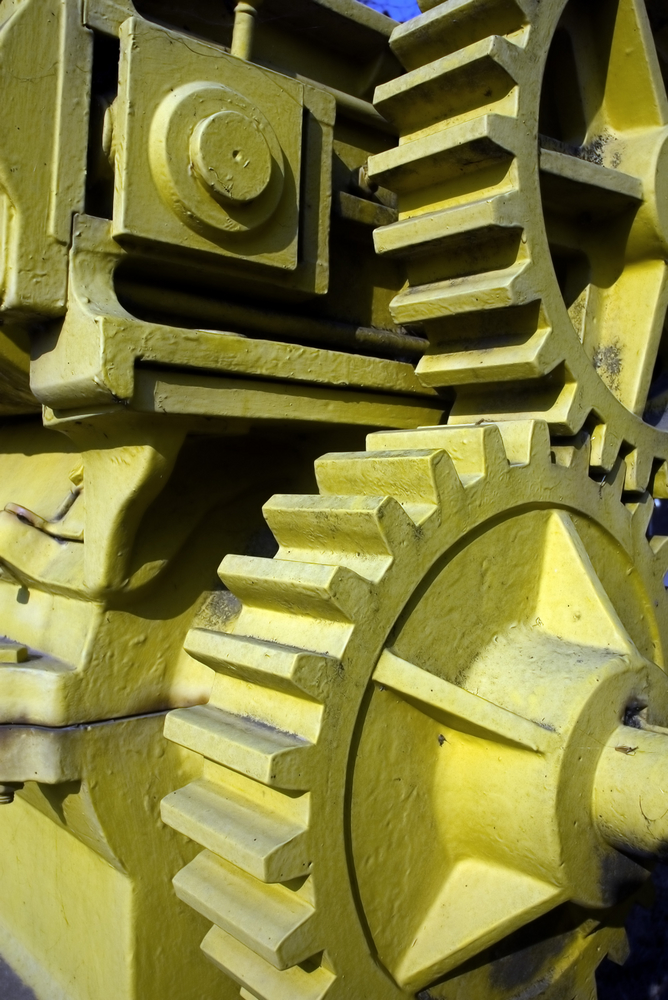|
Mechanical Engineering
Mechanical Engineers study the how and why of the running of various types of machines.
Machines simplify the work by the application of much larger forces than what humans or animals can provide.
So in essence Mechanical Engineers study the forces that contribute to the functioning of the machines and work towards process optimization and work on better design features of machines that can improve productivity.
Mechanical Engineers analyze the designs of systems or processes using the fundamental principles of force, energy and motion to design products and processes that are safe, efficient and reliable.
 |
A Mechanical Engineer who was visiting a Public Sector Undertaking noticed a workman using a wrench with one hand to get a particular piece of metal in the desired shape. He noticed that
this was a repetitive process and the workman had to feed the input piece every
time he completed the wrench in one sweep of his right hand. This process took
such a long time to produce one unit of output from that individual. An idea
struck him - Why not have two wrenches so that the workman can produce two
pieces of output with at the same time by using his right and left hand
simultaneously? Another person would continuously feed the wrenches with the input pieces.
His logic - Human beings are ambidextrous to a certain extent -
though the power exerted by both hands may not be the same. In this case the power required was the least of the powers exerted by the right or left hand.
This Engineer actually went ahead and measured and noticed an improvement of productivity by 60% even after accounting for the second person.
|
While this is a crude example of working better with machines, the story
captures the essence of design in Mechanical Engineering. The challenge is to
design machines that will better utilize the resources. Everything starts with
understanding the process and then applying small incremental toppings to the
features.
Mechanical Engineers also get to work
on assignments to develop or improve materials that are used in various
processes. Since machines are used in all types of industries, Mechanical
Engineers find utility in industries ranging from automobiles, agricultural
equipments, spacecrafts, defense, power generation etc.
Most Engineering Colleges offer the four year B.Tech programme in Mechanical
Engineering wherein the students learn about kinematics, fluid mechanics,
manufacturing, engineering economics etc. In addition to the application of
core sciences like chemistry and physics, the students also learn to use
calculus and other advanced mathematical tools during the course. Students who
opt for the five year Dual Degree programme in Mechanical Engineering (i.e.
B.Tech and M.Tech combined ) can specialize in areas like Computer Aided Design
and Automation, Computer Integrated Manufacturing, Thermal and Fluids
Engineering etc. The IITs offer these Dual Degree programmes. Needless to say,
the essential attribute required of a Mechanical Engineer is to be a hands-on
person. Which means, he should be a "roll-up-the-sleeves-and-dig-deep" kind of
a person.
Advanced studies in the field of robotics, biomechanics, cryogenics etc are
some of the options available to a student of mechanical engineering at the
post graduate level.
|

